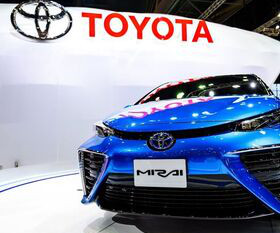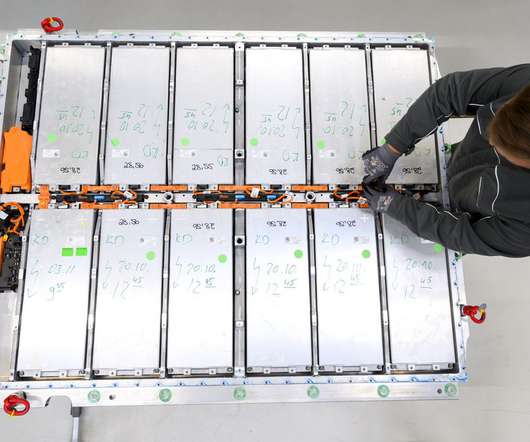ICCT LCA study finds only battery and hydrogen fuel-cell EVs have potential to be very low-GHG passenger vehicle pathways
Green Car Congress
JULY 21, 2021
The results show there is no realistic pathway to full decarbonization of internal combustion engine vehicles, and that only battery and hydrogen fuel-cell EVs have potential to be very low-GHG passenger vehicle pathways. Natural gas does not offer climate benefits compared to gasoline and diesel, and many biofuel pathways do not, either.





































Let's personalize your content